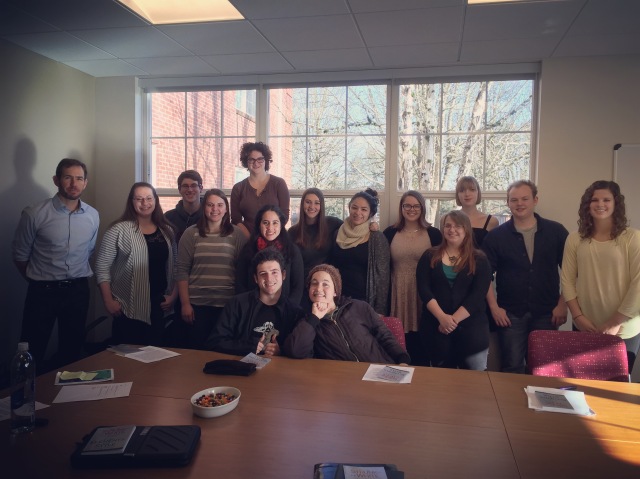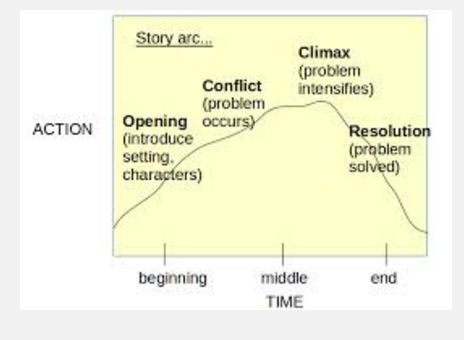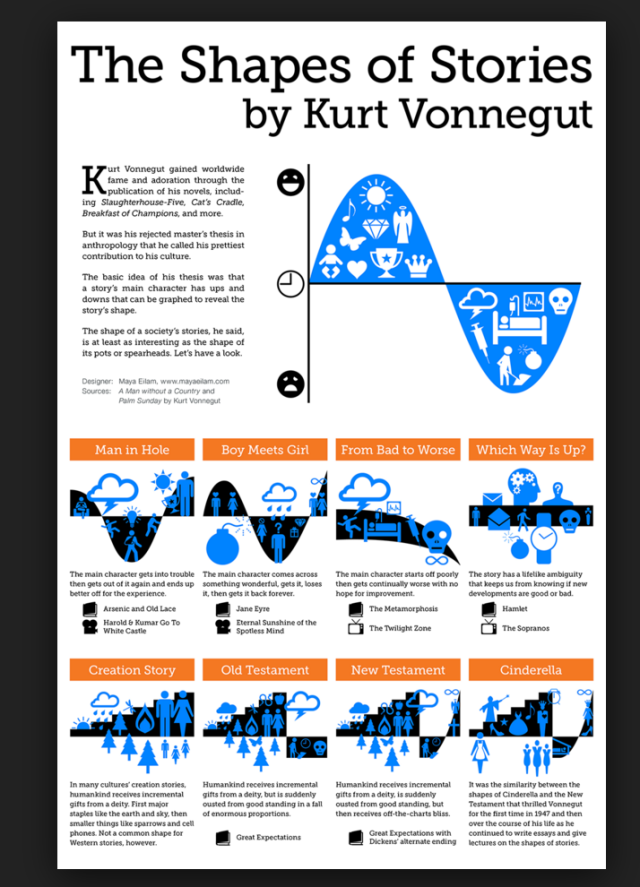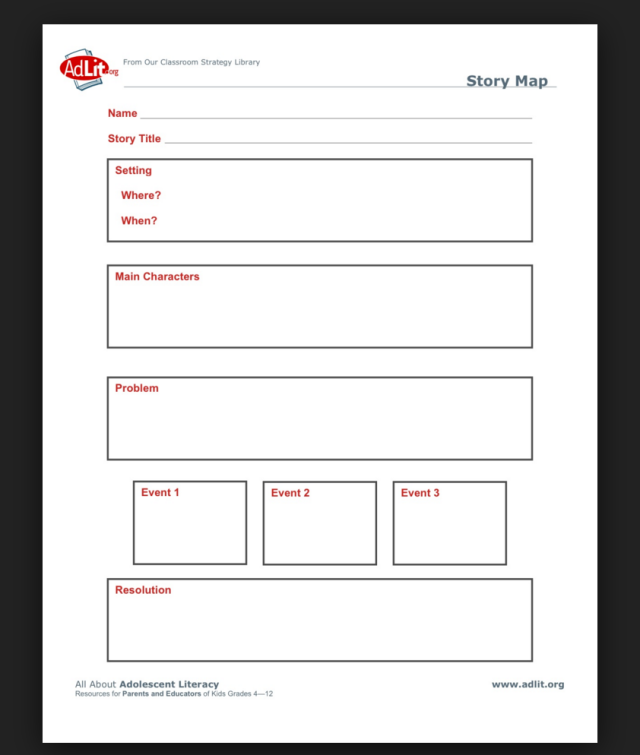It’s over. You did it. You produced the best nonfiction stories of your young lives. Listening to your excerpts on Wednesday was wonderful – distinct voices and polished reporting and even humor.
Now comes the fun part: publishing. It’s your choice. You can pitch outside publications by following the guidelines we covered in class, choose not to publish your story, or take advantage of the opportunity to showcase it in the Linfield Review. Brad Thompson is excited, and he and Jon will help shepherd your stories if you go that route, rolling them out over the next few months. This means they will live on, available for you to pass around and link on virtual resumes and cover letters, scroll-able testaments to your hard work, ambition and skills. They will also be eligible for the annual collegiate awards bestowed by the Oregon Newspaper Publishers Association.
As discussed, I’m here to provide counsel, help with pitch letters and edit your stories, if you choose. Shoot me an email once/if you decide on a route – the sooner the better – so when I’m looking over your final story next week I can keep editing in mind as well.
Finally, here is our class photo – we are an exceptionally handsome group! – and, below that, the text of what I said at the end of our final class.

***********
When I arrived on the Linfield campus in September, I had no idea what to expect. Would I like teaching? Was it too ambitious to ask undergrads to attempt graduate-school-level work?
And I have to say, at first I wasn’t sure. Only one of you was versed in journalism? Some of you had no writing experience?
Then you turned in your Humans of McMinnville assignments, three days in, and I was sold. You’d all done it – gathered your nerve and ventured out and interviewed strangers, even if it took you an hour to work up the courage to do so. And the details and characters you brought back! The newlywed in her dress, Tim the trashman, a forlorn girl at a bus station, a nostalgic pilot and, of course, a man whose life mantra was, “Fuck it shit happens.”
Earlier this semester I mentioned that this felt like a Linfield All-Star team and now I’m sure of it. I’ve been consistently surprised and impressed by your engagement and curiosity. You showed maturity and professionalism in running this class remotely, sometimes with me and sometimes without. You were an excellent audience for John Branch and George Dohrmann and Peter Demarco, each of whom commented afterward on how impressive you were.
You provided support for each other, not just with your peer feedback but also as people. I never sensed competition, and I was amazed to see students helping each other in their free time, meeting to revise papers, and voting for more peer feedback. Part of my job this fall was to provide an outside perspective on the college to the Dean and faculty. And when they asked about remote learning, my response was that Linfield students are capable of a lot more than they might imagine.
All of you will take other classes, from other professors. This is but one course in one semester. But this will forever be my first teaching experience and, at the risk of getting corny, I want to thank all of you for making it so gratifying. They say your first class is your most memorable. It’s testament to you that I’ll leave with so many great memories.
I’ll remember Ben reading a passage about a wayward fraternity member, fighting through tears as he intoned, “What followed ignition was not the bright report of a successful blastoff, but the muffled thud of fire in the hole.”
I’ll remember Dave Sumner visiting class, and how some of you noted his red step counter and others, upon his departure, emitted an audible swoon.
I’ll remember Josh’s initial concern about whether he was up for this class, as a sophomore transfer student. Then, weeks later, reading his re-created memory about a car accident, full of details and scenes and wonderful voice, and being so happy that he stuck it out.
I’ll remember the warm, welcoming smile Mikayla gave my two very nervous daughters when they visited class, and how important that was to them, and how generous it was of her.
I’ll remember Jana’s knitting and Ben’s apples and Hannah’s staccato note-taking and the way Sara gets a really intense look on her face when she’s processing information.
I’ll remember Lacey coming in to office hours a few weeks into the semester, after her observed reporting assignment, with a voluntary revision, which she’d performed solely because she wanted to get better. Now there’s a life skill.
I’ll remember Gabi’s, well, Gabi-ness, from warning us NEVER to call her Gabi, to calling us dude to her fearless and empathetic reporting.
I’ll remember Maggie running into a former Linfield employee at a vegan strip club. Hell, I’ll remember Maggie going to a vegan strip club to report. Not to mention the time she spent hours reporting in the middle of Portland to tell us about, “the city’s lot for shitting, for shaving 30 seconds off of your journey, for getting out of a tight parking lot, for kissing unabashedly, for sleeping, for creating art.”
I’ll remember Anna Keesey talking about the choking baby syndrome, and how it influences fiction, only to realize, as the weeks went on, that it also applies to college students. Whenever one of you veered off track, and I wondered what the f— was going on, I usually later learned that there was a good reason. This is a crazy time of life, and I know it’s been especially crazy for some of you, but you’re all still going, and will be stronger for it.
I’ll remember the perseverance. Sara going back to interview again and again, using empathy and persistence and doing the type of reporting many professional journalists are incapable of. And how I opened Alicia’s final story this morning, about Sergeant Shasta, and there it was. After so many attempts, she had the beginning, and then, right after it, she had context. She told us why we were reading this story. She figured it out. She did it.
And Jon’s transformation from an overwhelmed and overscheduled student to someone who, in his final week, conducted half a dozen more interviews and transformed his final project, finally mastering embedded details and quotes, telling us about Sam Riddle, “driving a white Ford Squire Wagon during his sophomore year in high school – a ‘cliché grandma car,’ as Riddle remembers.”
And of course I’ll remember the writing:
Hannah describing the Blessing of the Animals, with lines like, “Father Vandehey emerges, all swooping robes and smiles, his bald head glinting in the sunshine”. And giving us a wonderful portrait of a station master who, “sports an impressive blond moustache and mutton chops, and is dressed in navy blue shorts, a red polo and matching red hat, the kind you might see an elderly model train enthusiast don, either in demonstration for the kids, or in a moment of enthusiastic fantasy.”
And Rachel ending her Taylor Swift love story with a line that made me nearly spit coffee when I read it: “Shit, I’m eighteen. I can’t get married. We were both so young when this started; why the fuck do you think that means us getting married so soon would be a good idea???”
And Jana’s description of a movie security guard as, “Six feet tall and rail thin, his black hair shorn close at the sides and bleached to a flan color on top. With a stubbly goatee, he seems like a slightly stoned Latino hipster”. Or when she wrote, “I regressed ten years to when I was 11 and a rain cloud – surely a harbinger of some larger cataclysm – could induce a fit of terror. Then, as now, I felt like the toads my father and I used to scoop out of our pond. We dumped them from our nets into empty plastic paint buckets and they would scrabble at the sides of the container. A frantic thing in an inert shell.”
I’ll remember Josh’s description of Kevin O’Banion, as, “a quiet guy with a loud, bright smile, and a shock of brown hair ‘swooshed to whatever side it feels like swoosh-ing to that day.’”
And when he wrote about trying to entice that dog on the side of the highway: “He inched closer, then broke into a more steady walk toward me. “Come here” was almost a prayer now.”
I’ll remember observations, like Lacey telling us about a t-shirt that read “beer no evil”. And Gabi writing that, “the tops of trees all lean toward each other like old biddies telling secrets, the sun flashing between their branches.”
And Lizzy describing, “a shiny black motorcycle barely noticeable in the dim light. On the wall above it is a hot pink sheet of construction paper with “4 Sale” written on it.’
I’ll remember powerful narratives, like how Molly tells us about Shawn McTaggart near the end of her journey. “As the hours dragged, Shawn stopped long enough to go to the bathroom and write a quick reminder in the snow, “Eat, pee, walk”. She didn’t have time for anything else. No more photos and no more sleep until Nome. In the middle of the night, when Shawn felt sleepy, she ripped the duct tape off her cheeks fast, like a Band-Aid, to wake herself up.”
And Ben, bringing the class to tears while talking about his mother. “The last thing we were talking about was Meatloaf, the singer, and Dad was at the point in his discourse where he explained, in his infinite dad-knows-music-better-than-you-ever-will wisdom, that he finds Meatloaf very campy and as a result he can’t take him seriously, and that yes, Bat out of Hell is a great song but the album could be better, and then I ask it — “Do you still love her?”
“…What?”
“Mum.”
And one of my favorite pieces of writing of the semester, when Sara told us about Chelsea, and that party with the sweet lavender cake – it’s Paleo, we’re told, for the 30th time – and the dog and the husband in the apartment, ending with that chilling scene: “Later that night, as we get ready for bed, we hear Chelsea singing. Outside. By the kennel.”
I could go on, of course. I thought of just quoting some of your best feedback lines, but I’ll spare you all that. Instead I’ll just say that I undoubtedly learned more from you than you did from me this semester, and for that I thank you. You should all be proud of yourselves. This wasn’t easy but you all did it, and I expect to be reading your work in years to come, whether it’s in novels or magazines or academic texts.
You’re truly an impressive group. Or in the words of Ms. Gonzalez, “Dudes, you are awesome!”



